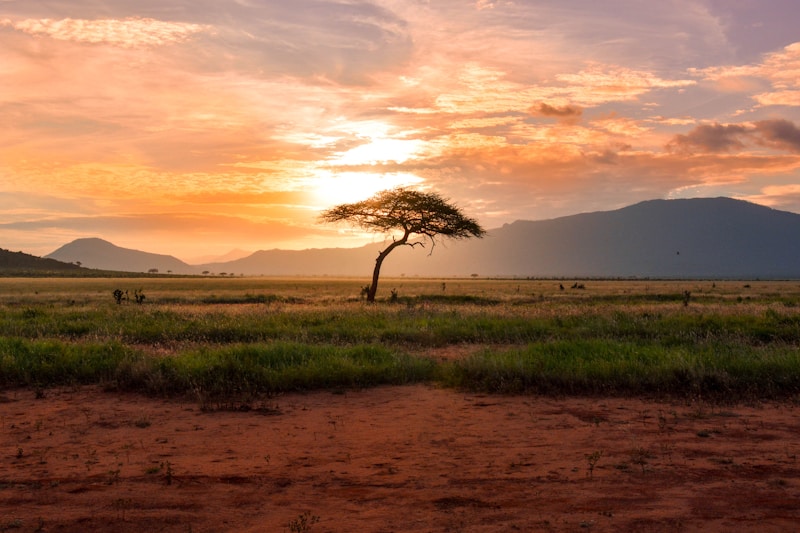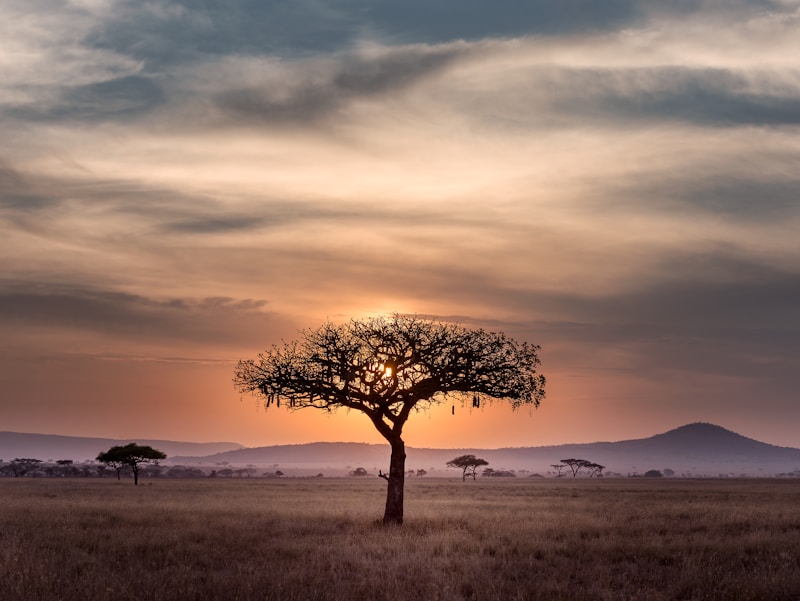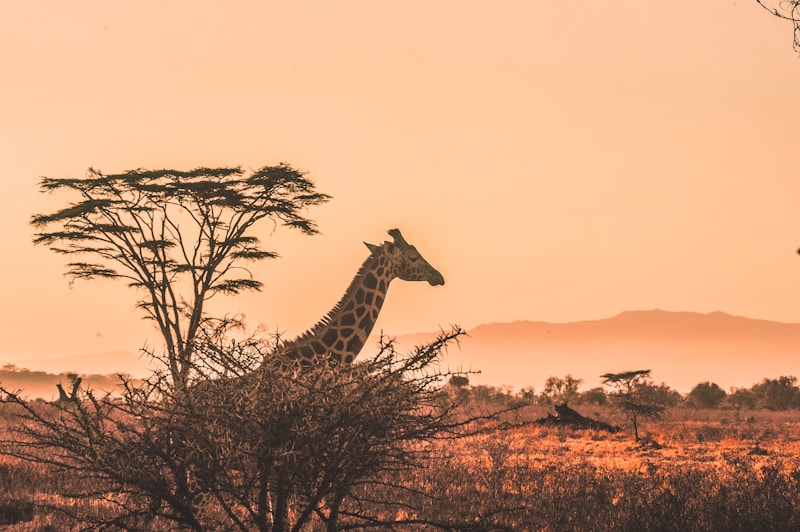The Songhai People
Empire Builders - Niger River Civilization - Timbuktu Scholars
Who Are the Songhai?
The Songhai (also spelled Songhay) are a West African ethnic group numbering approximately 4 million people, primarily inhabiting the Niger River valley in modern Mali, Niger, and Benin. They are the descendants and cultural heirs of the Songhai Empire (c. 1464-1591), which at its zenith became the largest empire in African history, controlling an area larger than Western Europe. Under emperors like Sunni Ali Ber and Askia Muhammad, the Songhai Empire dominated trans-Saharan trade, making Timbuktu and Gao centers of Islamic scholarship where thousands of students studied law, astronomy, mathematics, and medicine. The Songhai language belongs to the Nilo-Saharan family, distinguishing it from surrounding Mande and Berber languages. Traditionally, Songhai society combined fishing, farming, and trading along the Niger River, developing sophisticated irrigation agriculture and riverine commerce. Today, Songhai people maintain cultural identity while adapting to modern nation-states, preserving historical memory of their imperial past and river-centered heritage.
The Songhai Empire and Military Power
The Songhai Empire emerged when Sunni Ali Ber (1464-1492) overthrew Mali's weakening control and established Songhai dominance. A brilliant military strategist, Sunni Ali created West Africa's first professional standing army and a fleet of war canoes that controlled the Niger River. His successor, Askia Muhammad I (1493-1528), consolidated the empire, creating an efficient administrative system with appointed governors, professional bureaucracy, and standardized weights and measures. The empire's territory stretched from the Atlantic Ocean to modern Nigeria, controlling crucial trade routes connecting sub-Saharan gold and slaves with North African salt and Mediterranean goods. At its peak, the Songhai army numbered 100,000 infantry and 10,000 cavalry. The empire fell in 1591 when Moroccan forces, equipped with firearms, defeated the Songhai at the Battle of Tondibi—demonstrating how gunpowder technology shifted military power, though Songhai resistance continued for decades.
Timbuktu and Islamic Scholarship
Under Songhai rule, Timbuktu flourished as one of the Islamic world's great intellectual centers. The Sankore Mosque functioned as a university where scholars taught Islamic law, theology, astronomy, mathematics, and medicine to thousands of students from across Africa and the Middle East. Askia Muhammad, himself a devout Muslim who made pilgrimage to Mecca, patronized scholars and commissioned mosque construction. The city's libraries contained hundreds of thousands of manuscripts covering topics from astronomy to poetry, law to medicine. Scholars like Ahmed Baba (1556-1627), who wrote over 40 books, achieved international renown. Timbuktu's book trade thrived—books were valued more highly than other goods, and families built private libraries spanning generations. Today, these manuscripts, preserved in families and institutions, provide invaluable historical records of African intellectual achievement, challenging racist narratives that denied African literacy and scholarship.
Niger River Lifeway and Economy
The Niger River shaped Songhai economy and culture. Songhai people developed sophisticated knowledge of the river's seasonal flooding patterns, creating floating rice cultivation systems that utilized annual inundations. Fishing communities used specialized techniques including weirs, nets, and collective fishing expeditions timed to the river's cycles. The Niger served as a transportation highway—large canoes carried goods between Timbuktu, Gao, and Djenne, facilitating trade that enriched Songhai cities. Songhai society included specialized occupational groups: sorko (fishermen who also served as river priests controlling water spirits), gow (hunters), and gabibi (farmers). Traditional Songhai religion centered on nature spirits, particularly river spirits and the deity Harakoy Dikko (Master of the Waters), though Islam gradually became dominant among urban populations while rural areas maintained syncretic practices.
Social Structure and Cultural Practices
Traditional Songhai society organized hierarchically with nobles, free people, artisans, and enslaved people. The Askia (emperor) claimed divine sanction and ruled through a complex bureaucracy. Society divided between sedentary farmers/fishers and nomadic pastoralists. Caste-like occupational groups included griots (jesere), blacksmiths, and leatherworkers. Spirit possession ceremonies (holey) remain important, where mediums become possessed by ancestral or nature spirits who diagnose illnesses and prescribe remedies—these ceremonies combine pre-Islamic traditions with Islamic elements. Songhai musical traditions include the molo (three-stringed lute) and complex drum ensembles. Life cycle ceremonies mark births, circumcisions, marriages, and deaths with elaborate rituals. The Songhai maintained oral historical traditions, though Islamic literacy supplemented oral knowledge—families preserved genealogies and historical narratives linking them to the empire's glory.
Modern Songhai Communities and Challenges
Today's Songhai population concentrates in Mali (around Gao and Timbuktu), western Niger (particularly Niamey region), and northern Benin. Colonial borders divided the Songhai across three nations, complicating cultural unity. The Songhai language has several dialects and is used in education and radio broadcasting in Niger. Environmental challenges severely affect Songhai livelihoods—Sahel desertification, unpredictable rainfall, and changing Niger River flow patterns threaten traditional agriculture and fishing. Political instability, particularly Mali's ongoing conflicts involving Tuareg separatists and jihadist groups, has devastated Songhai regions. Timbuktu suffered damage during the 2012-2013 occupation when militants destroyed historic shrines and manuscripts. Despite challenges, Songhai communities work to preserve cultural heritage—manuscript preservation projects digitize ancient texts, cultural festivals celebrate Songhai music and history, and diaspora communities in West African cities and abroad maintain linguistic and cultural connections. The Songhai historical legacy as builders of Africa's largest empire remains a source of cultural pride and identity.
Image Gallery





